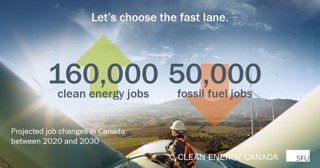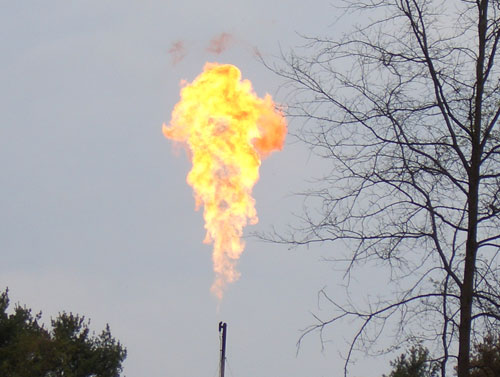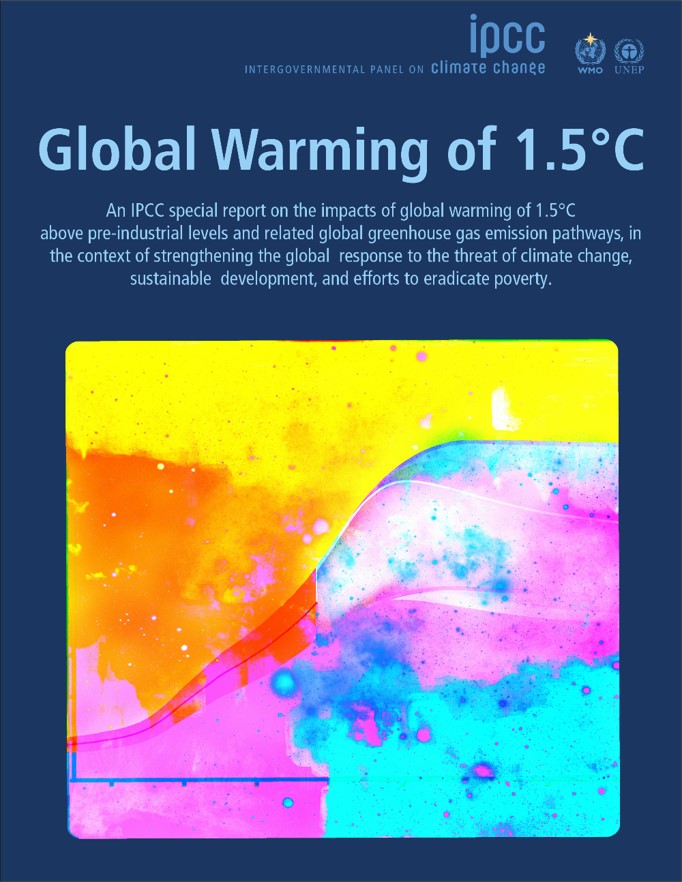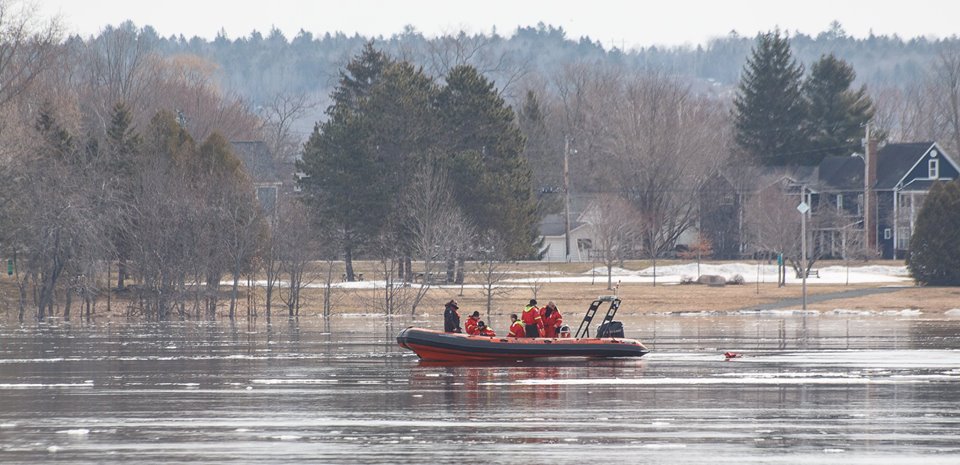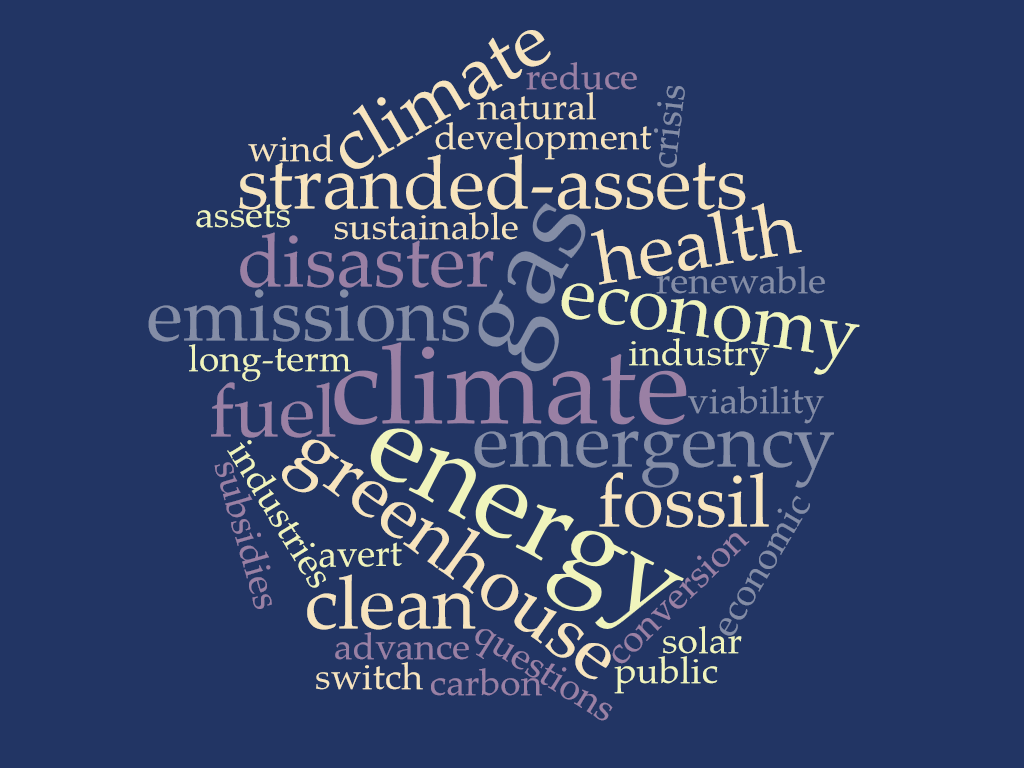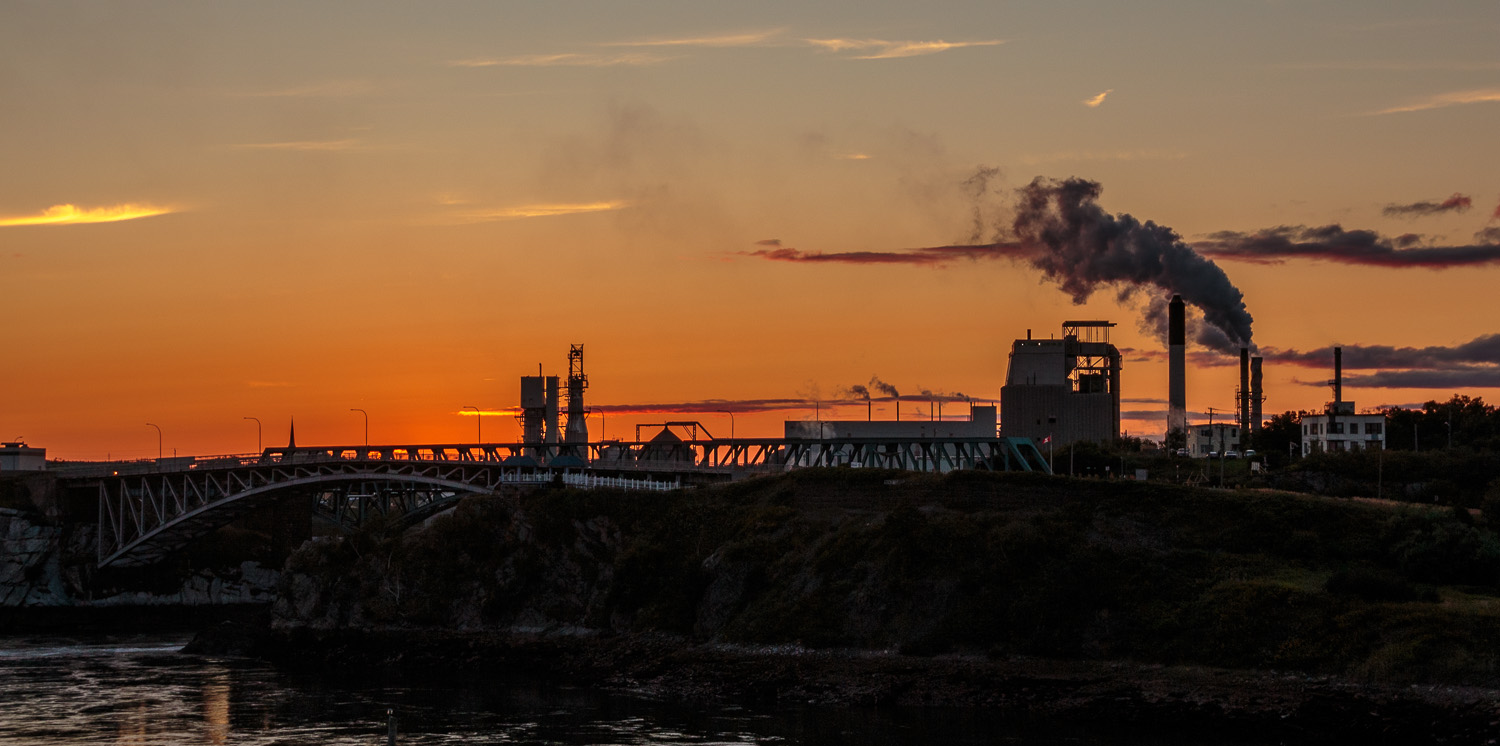
By Sam Arnold, Telegraph Journal, Monday, November 18, 2019
We recently learned that the $13 million investment by NB Power and the Regional Development Corporation in Joi Scientific for the production of hydrogen from seawater may be a gamble that is unlikely to pay off.
New Brunswick residents should also be aware that the NB government and NB Power have committed to take taxpayers and ratepayers on another multi-million dollar energy gamble attempting to revive nuclear power. This has all the markings of another fiasco. As well, the Government of Canada has designated billions of dollars for a similar attempt to save the nuclear industry. We are wondering – as you may be – why this did not go public prior to, or during, the federal election.


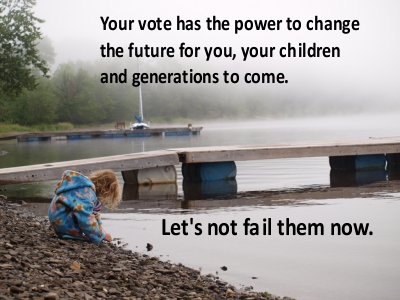 There are many important issues in every election, but the decisions that the next government will make on facing the climate crisis will determine the future for you, your family, the nation, and the planet for decades to come.
There are many important issues in every election, but the decisions that the next government will make on facing the climate crisis will determine the future for you, your family, the nation, and the planet for decades to come.